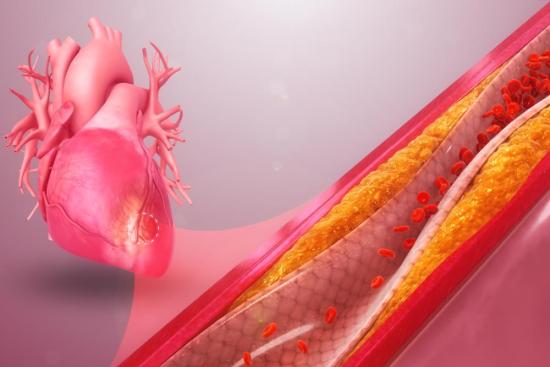Coronary artery disease, also known as coronary atherosclerosis, is a disease that affects the coronary arteries, the blood vessels that supply the heart with oxygen and nutrients. When these arteries become narrowed or blocked by plaque build-up (atherosclerosis),blood flow to the heart can be reduced, leading to chest pain, shortness of breath and even a heart attack.
Cost of treatment for coronary artery disease in Turkey
The cost of treatment for coronary artery disease in Turkey varies depending on the severity of the disease and the type of treatment required.
Here are some estimated prices:
- Coronary angioplasty with stent: €1,900.
- Coronary bypass surgery: between €6,000 and €9,000.
- Heart valve surgery: between €10,000 and €15,000.
Don't be in doubt! Contact us now for a free teleconsultation with our experienced specialists. They'll answer all your questions and guide you through the healing process.
With Turquie Santé, you'll also benefit from a free personalized quote and full medical assistance from the moment you contact us!








